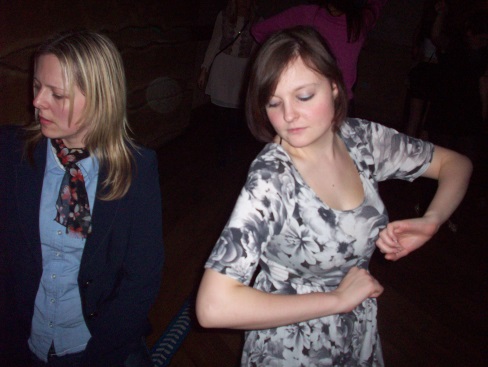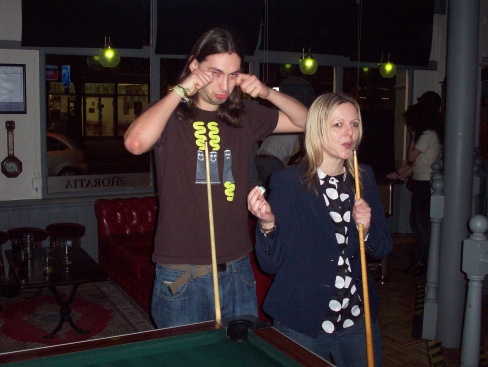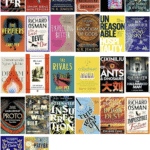
Dancing

Laughing at dancing

Pool wipeout
This weekend it’s been more about grown-up toys, and my swanky new laptop \ tablet convertible thingy. It’s rather beautiful and exciting, especially considering that I don’t upgrade very often, and my last laptop (much as I love it so) was definitely due its retirement. I enjoy how obvious touch screens are, now that we have them, so that even when doing ‘serious stuff’ (like, y’know, writing blogs and stuff) in desktop mode with a keyboard and mouse, it still feels natural to swipe at the screen at the same time. Like we’ve been doing it forever. At the same time, I do realise how increasingly odd and out of touch I am with everyone else, simply as a result of accumulated habits. It took about a day to get used to the initially disorientating Windows 8 – but I’ve used every consumer edition of Windows since 3.11 (even Windows Me) and, unlike lots of people, I’m happy here. It feels like home. But it’s unlikely that any younger generation – growing up on smartphones first and beige desktops never – will ever feel the same.
And while we’re in the mood for vague nostalgia, one thing that makes me nervous about any new indulgent consumer purchase is that extra twinge of fear and loathing for the outside world which comes with it. Can you see it too obviously through the window? Will someone break it and steal it? How useful will the ability to track it remotely actually be, and isn’t it a little bit weird that ‘letting law enforcement authorities know’ is now considered a box-ticking afterthought while our insurance \ geo-tracking \ phone network companies can sort things out for us?
And for every advance in consumer electronics – every high-speed data network, always-on social communication and beautiful interfaces – are we creating a gap between our experiences of these things and more public spirited endeavours (schools, hospitals and the like) which will be hard to fulfil?
Probably not. After all, the heart of great healthcare, and great teaching, is always going to be the personal dedication and skill of the individuals delivering it. But there is real value to be gained if our public institutions can keep pace with change as strongly as our entertainment or communication industries drive them. It’s not just about convenience – being able to book blood donations, find a doctor, renew an Oyster card or deliver homework online – great as all this stuff is. It’s also about making sure that our public services don’t get treated as historical artefacts, but remain relevant to people and their lives today.
(Things I forgot to mention after getting carried away with all of that: Lincoln! I saw Lincoln with Josh this week, and rather enjoyed it, being a complete sucker for dramatic scenes in Congress. Honestly, they’re even more fun than courtroom drama. Unfortunately the era of American history I studied began with Reconstruction, so I am unable to comment on whether the quasi-deification of Lincoln is quite fair. Also, last night I played Munchkin in a pub on the occasion of Kat’s birthday. Happy birthday Kat.)










I like how this post covers many of the recent things we have talked about.
But swear your studying of Lincoln most definitely preceded Reconstruction?! All that preaching about his financial not moral incentives???
I swear you keep attributing views and conversations to me that I haven’t had! Or maybe I’m just forgetting them…?
Next time I get home I’m looking through my notes
You DEFFOOOOO taught me that. I learnt more from Cambridge than you freaking did. xxx